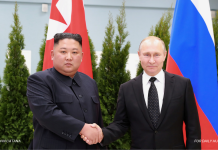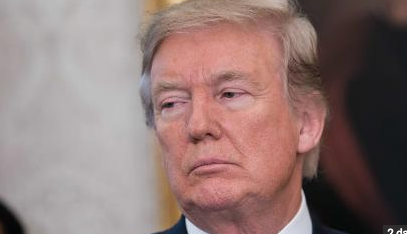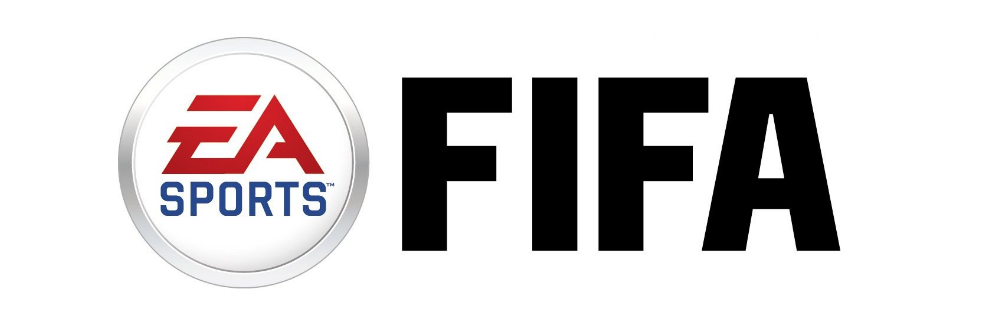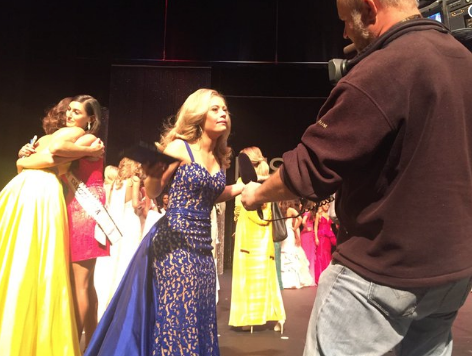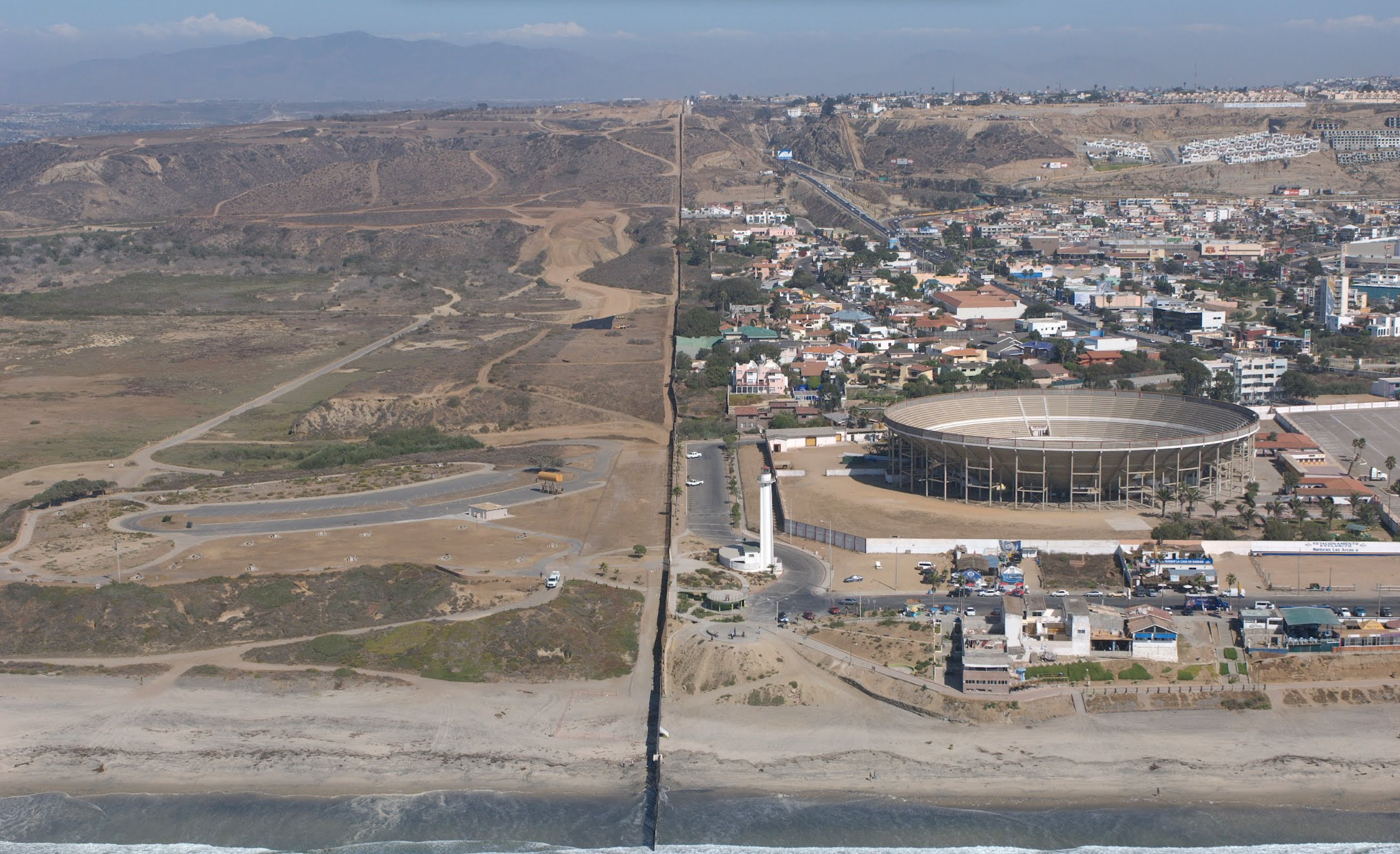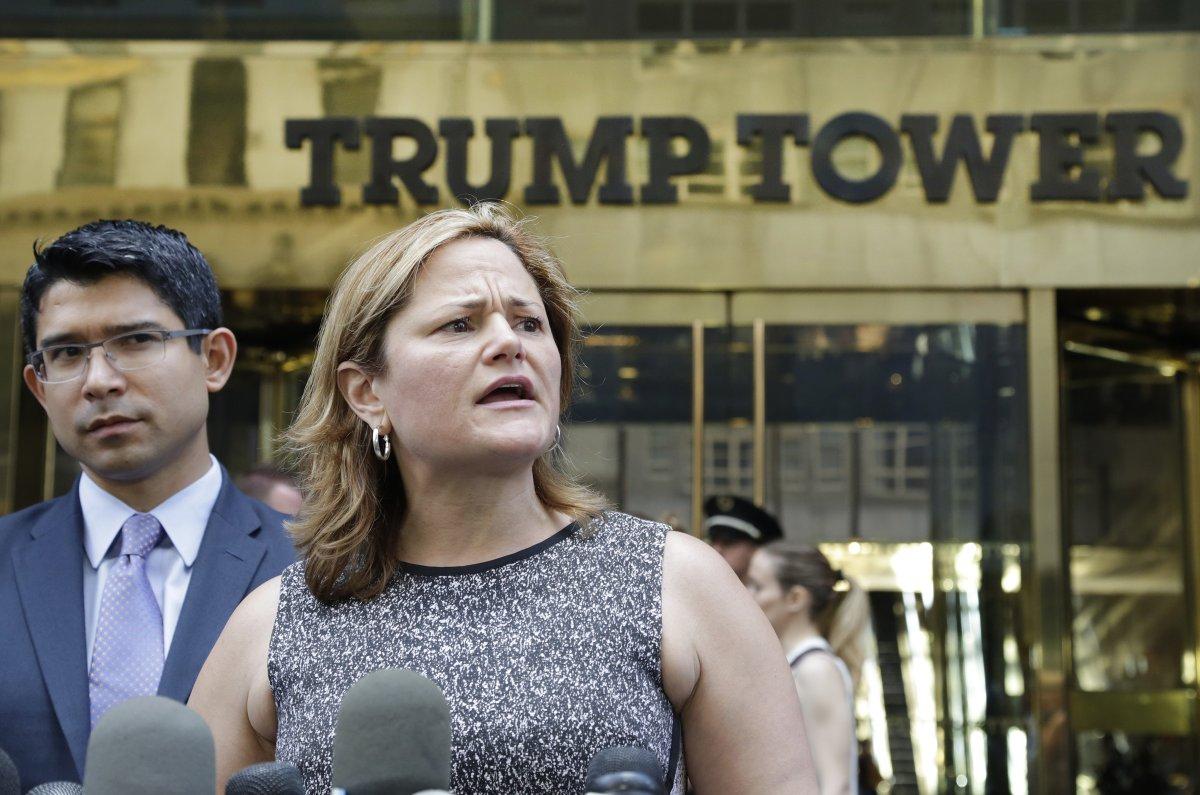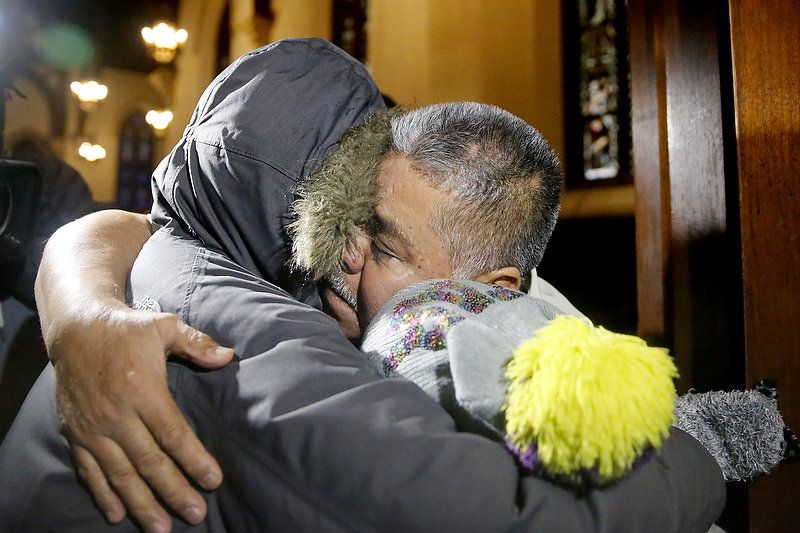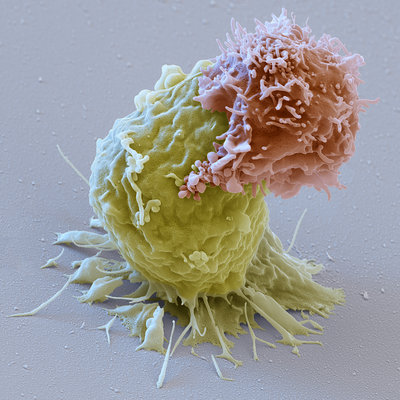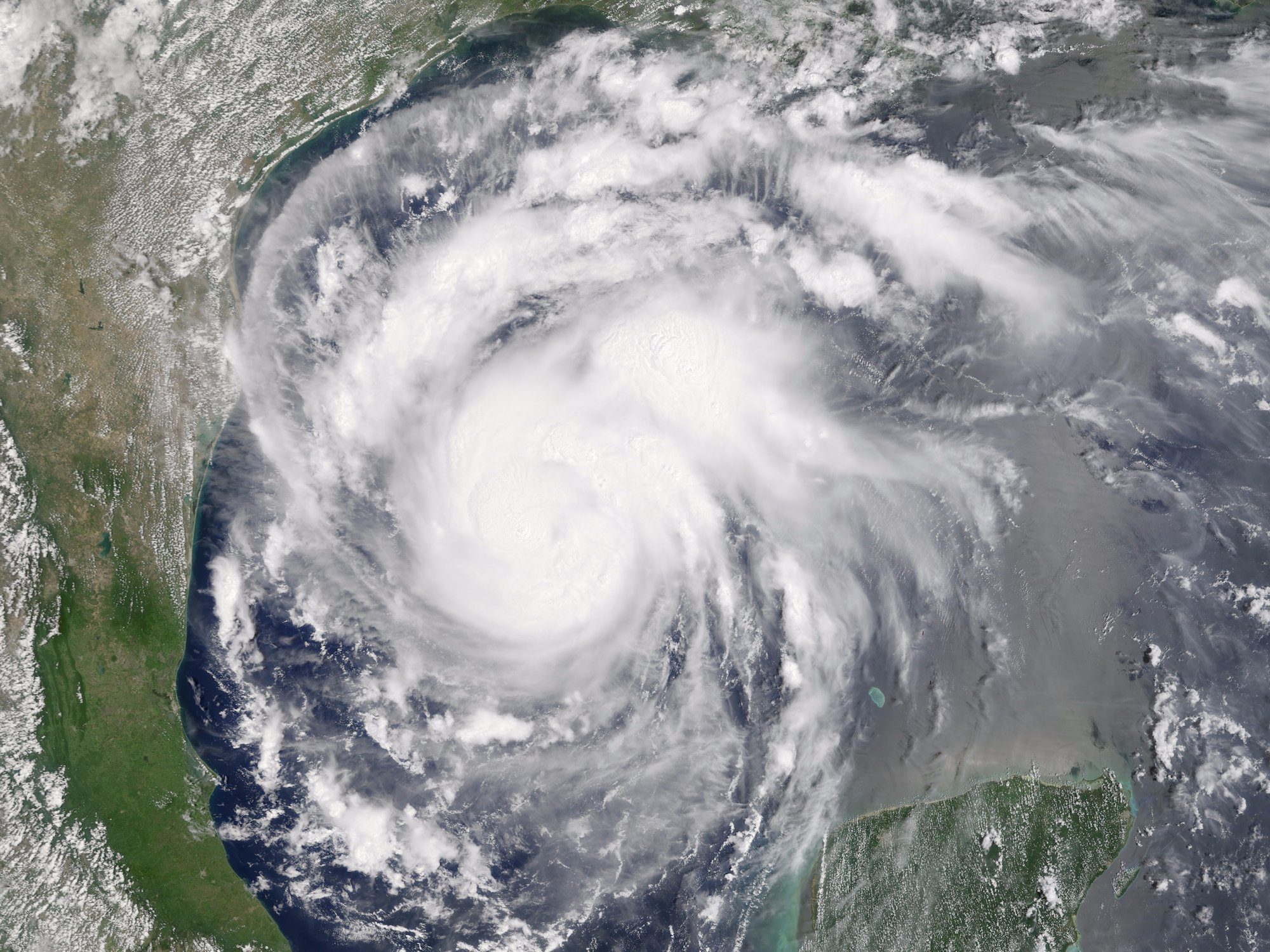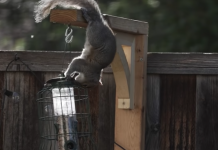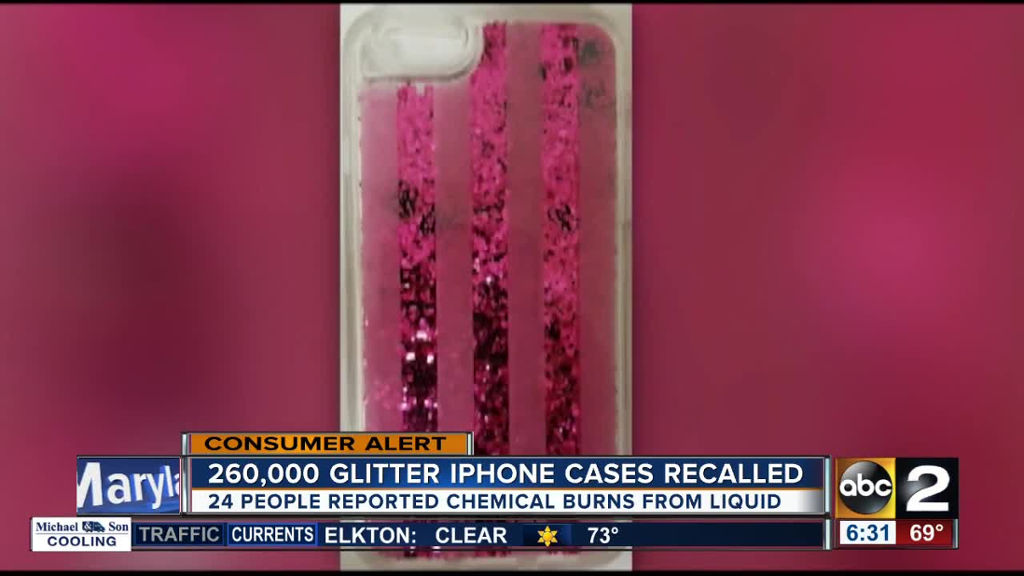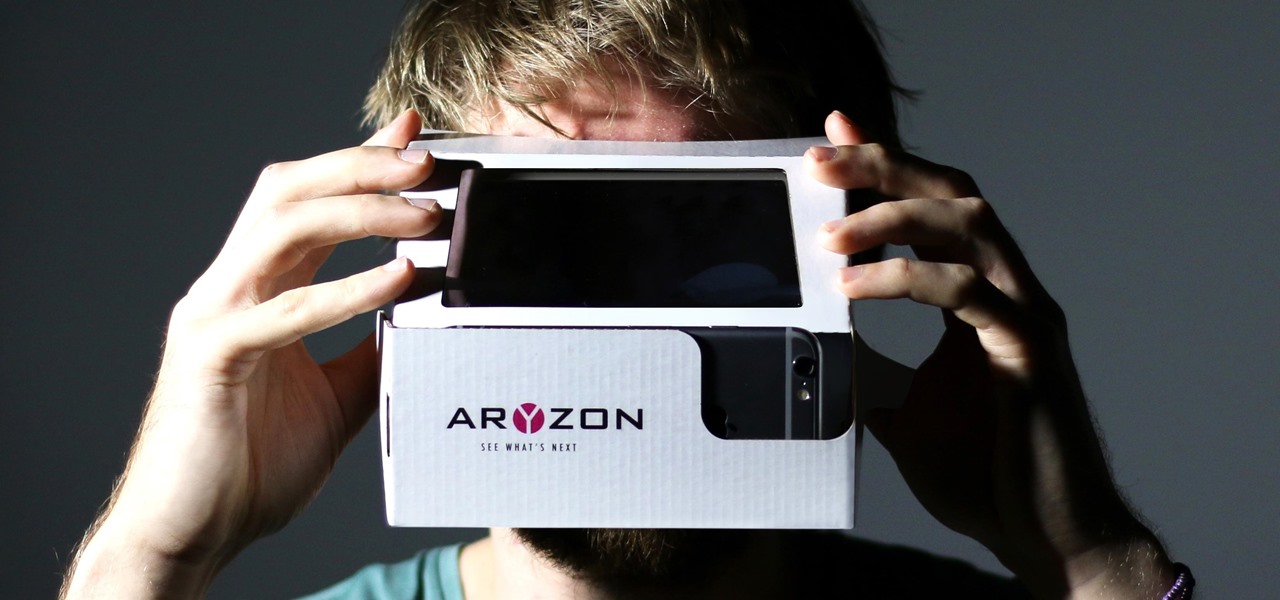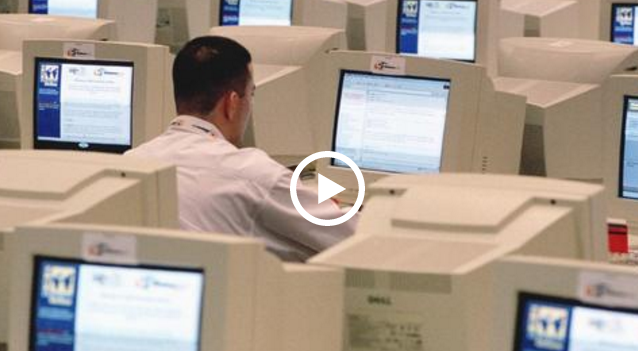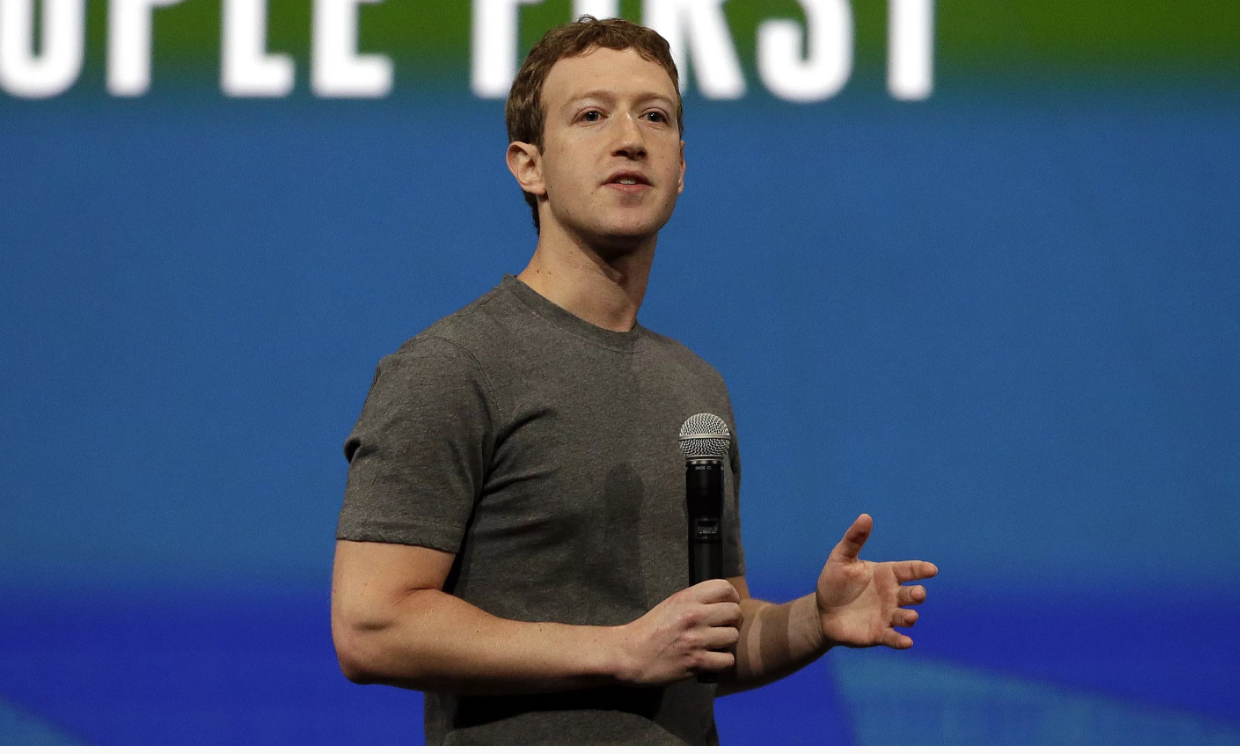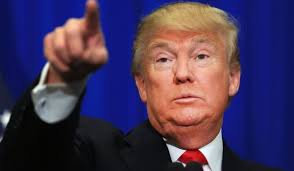Article Seen on Washington Post
President Trump said Thursday that he does not have “tapes” of his private conversations with then-FBI Director James B. Comey, finally ending a mystery of his own creation that began last month when he suggested that he had privately recorded their talks.
Trump on May 12 floated the idea he had an audio record of their conversations, apparently as a way to try to intimidate Comey. For five and a half weeks, the president and senior White House officials refused to tell the public whether such tapes exist.
But after an inquiry from congressional investigators about the tapes, Trump tweeted Thursday, “I did not make, and do not have, any such recordings.”
On May 12, a day after details of a one-on-one dinner he had with Comey were reported by the New York Times, Trump issued an apparent threat to the former FBI director, whom he had recently fired.
“James B. Comey better hope that there are no ‘tapes’ of our conversations before he starts leaking to the press!” Trump tweeted.
In the weeks since, Trump, White House press secretary Sean Spicer and other top officials have repeatedly been pressed on whether the president had such “tapes” and whether he records private conversations in the White House. They declined to provide answers each time.
At a June 9 news conference, Trump played coy when asked whether the “tapes” exist. He told reporters they would have to wait “a fairly short period of time” to find out.
“Oh, you’re going to be very disappointed when you hear the answer,” Trump said. “Don’t worry.”
Comey, meanwhile, effectively dared Trump to release whatever “tapes” he may have.
“Lordy, I hope there are tapes,” Comey said in his Senate testimony earlier this month.
On Wednesday at an off-camera briefing for White House reporters, spokeswoman Sarah Huckabee Sanders attempted to put the issue to bed.
“I think the president’s statement via Twitter today is extremely clear, and I don’t have anything to add beyond the statement itself,” she said.
She was peppered with questions about his statement, however, during the remainder of the 20-minute briefing and provided short answers that shed little light on Trump’s motivation.
Why the game? Sanders was asked.
“I don’t know that it was a game,” Sanders said, relaying that Trump had pledged to provide an answer by the end of the week on whether he was aware of recordings, and he did that.
Was the president’s original suggestion on Twitter that there could be recordings meant to threaten Comey?
“Not that I’m aware of, I don’t think so,” Sanders said.
Does the president regret his original tweet?
“I don’t think so,” she said.
Did the president ever have recordings of Comey?
“Not that I’m aware of,” Sanders said.
Was Trump concerned that he was under surveillance by others while in the Oval Office?
“I don’t know specifically if there’s a direct concern,” Sanders said.
For the lawmakers on Capitol Hill who were demanding that Trump provide information by Friday about the tapes’ existence, his tweet does not settle the matter.
“We have to have an official statement; tweets aren’t official,” said Rep. K. Michael Conaway (R-Tex.), who is running the House Intelligence Committee’s investigation into Russian meddling in the 2016 presidential election. Until they get that official response, Conaway said, he would not comment on whether a subpoena may still be issued.
He added that it was “good for to clarify” his position and that “you always take the president at his word — until it’s proven otherwise.”
Rep. Adam B. Schiff (Calif.), the top Democrat on the intelligence panel, also said the president’s tweet was not sufficient.
“We’d all like to believe that our president can be trusted when he says something; regrettably, though, he has repeatedly proved otherwise,” Schiff said. “If this is meant to constitute his answer to the House investigation, then it needs to be fully truthful.… If the president is being less than candid about this, I think we have very serious problems with the White House.”
Schiff said that even if he accepts the president’s assertion that the tapes do not exist, he has questions about “why he would have said the opposite to begin with.”
“Was this an effort to intimidate James B. Comey? Was this an effort to silence James B. Comey?” Schiff asked. “Those questions still need to be answered.”
Schiff said he will continue to ask witnesses who come before the committee if they are aware of the existence of tapes and said he will consult with Conaway before deciding whether a subpoena is still in order.
The committee cannot produce a subpoena for the tapes — or anything else related to the Russia probe — without the approval of Chairman Devin Nunes (R-Calif.), Schiff said. That arrangement continues, despite the fact Nunes handed over his chairman’s duties regarding the Russia probe to Conaway in early April.
“The chair is still insisting on the sign-off on our subpoenas,” Schiff told reporters. “That shouldn’t be happening.”
Schiff added that Nunes had not yet turned down any subpoena requests from investigators but stressed that Conaway should have the final word on subpoenas related to the Russia investigation.
Nunes stepped away from the helm of the Russia investigation after coming under the scrutiny of the House Ethics Committee. Democrats and outside groups had accused Nunes of coordinating with the White House to throw the House Intelligence Committee’s investigation off course by alleging that the identity of a surrogate of the president, or potentially the president himself, might have been improperly revealed in a surveillance report.


